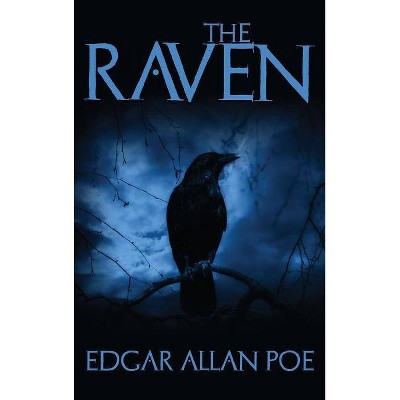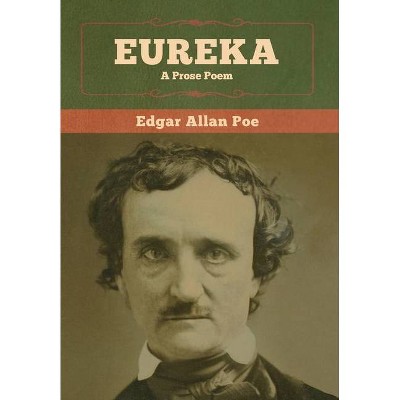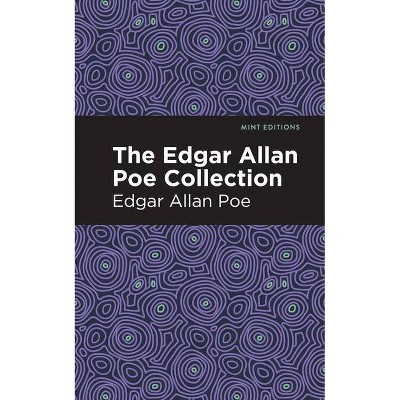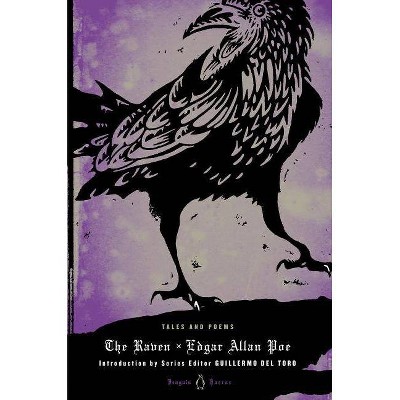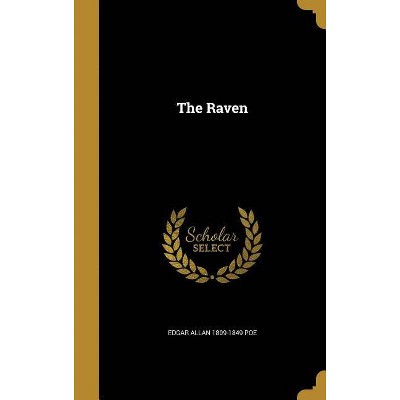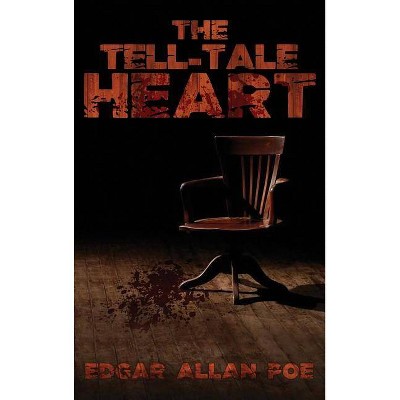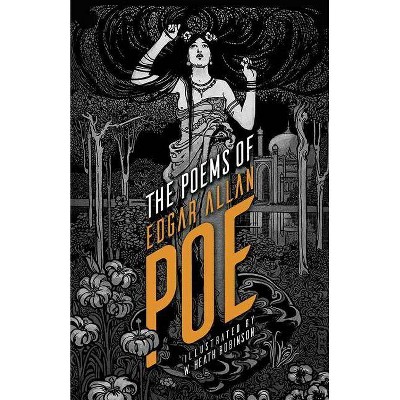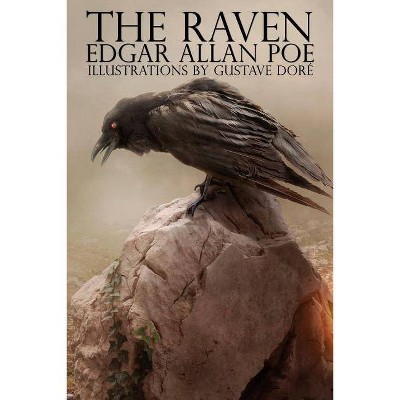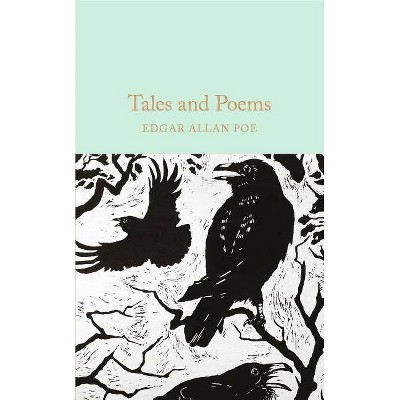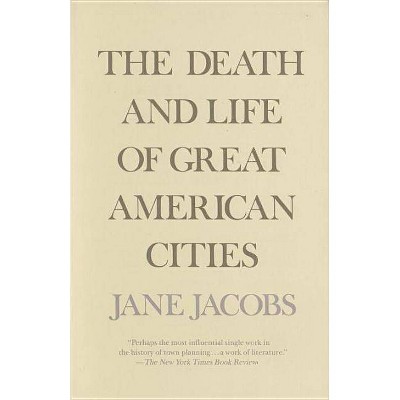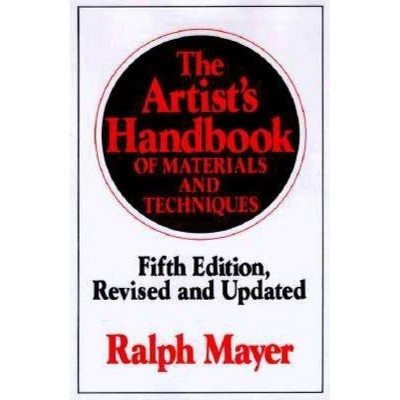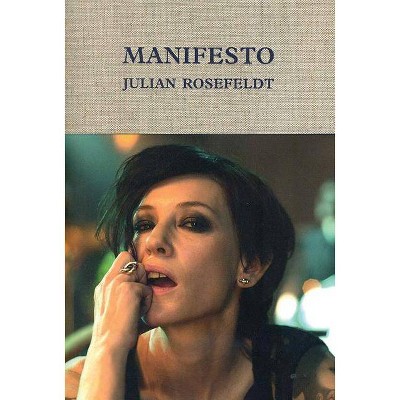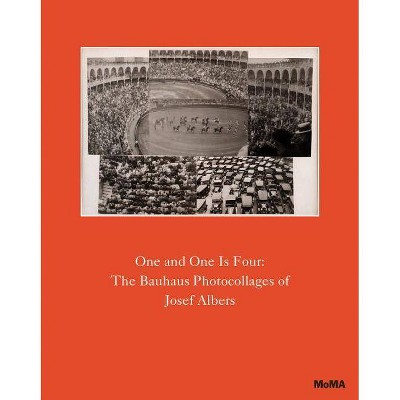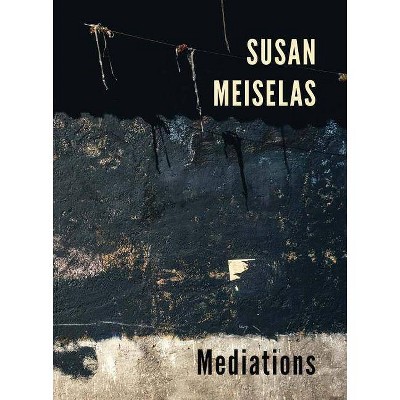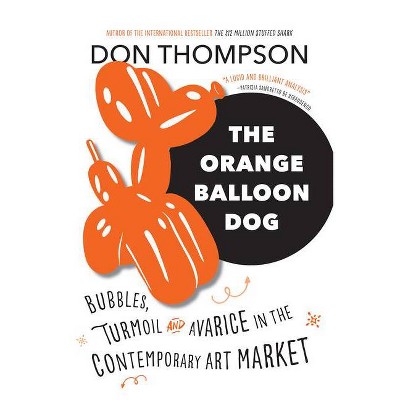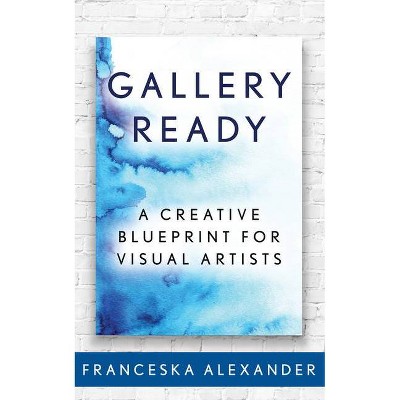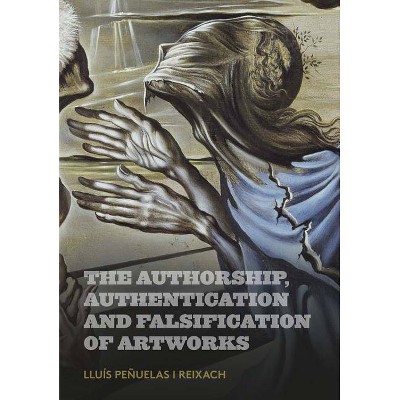The Great Illustrators of Edgar Allan Poe - (Anthem Nineteenth-Century) by Tony Magistrale & Jessica Slayton (Hardcover)
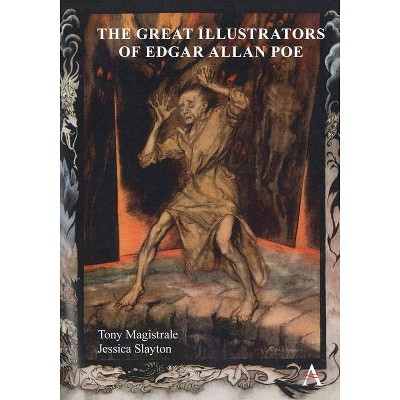
Similar Products
Products of same category from the store
AllProduct info
<p/><br></br><p><b> About the Book </b></p></br></br><p>An introduction to some of the most important illustrators producing work inspired by the tales and poems of American writer Edgar Allan Poe from their earliest iterations in the 1880s to the present day</p> <p> </p><p/><br></br><p><b> Book Synopsis </b></p></br></br><p>Although there have been over 700 illustrators of Poe's work over the past two centuries, this book chooses to examine only the best of them. Beginning with the French in the nineteenth century and tracing the great illustrators of Poe to the present, this book not only provides close analyses of individual visualizations but also seeks to supply an art history context to understanding their emergence. The majority of the artists featured remain unknown, even to Poe scholars, although their artwork represents iterations inspired by the most famous of Poe's poems and stories. In some cases, the illustrations helped increase the visibility of particular Poe works and to make them part of the international Poe canon. A few of the illustrators featured in this book (e.g., Manet, Doré, Redon, Beardsley) are recognized among the most famous artists in the world. Others, such as Martini and Blumenschein, while remaining minor figures in art history, nevertheless produced immortal work based on Poe's fiction and poetry. While still other visual artists represented here (Rackham, Dulac, Clarke) achieved artistic fame as book illustrators based on homages to other writers and fairy tales in combination with their Poe studies; their work on Poe, however, helped to solidify their larger reputations as professional illustrators. The last chapter extends traditional visualizations influenced by Poe to include his impact on twentieth- and twenty-first century filmmakers and cartoonists. They, too, found in Poe's writing either a source for direct re-creation or an inspiration for their own atmospheric excursions into the bizarre, the exotic, and the psychologically complex. </p> <p>While many of the artists included in the book are represented in important collections from libraries and art galleries around the world, Poe scholars (and art historians) have yet to explore both the range of these illustrations and analyze their significance in the context of how they enrich our understanding of Poe. Some of the questions this book seeks to answer are: What was there about Poe's narrative and poetic art that impressed and continues to inspire illustrators and other visual artists? What kinds of insights and understandings do these visual artists help readers of Poe to see and/or reconsider about his work? Are there definite distinctions--e.g., stylistic, thematic, historical, etc.--that were more relevant to Poe illustrators from the nineteenth century compared to those from the twentieth? How are these emphases reflective of the various art movements to which Poe's illustrators were associated? And lastly, what do these illustrations reveal about changing attitudes and critical emphases toward Poe's canon over time? </p><p/><br></br><p><b> Review Quotes </b></p></br></br><br><p>A wonderful, game-changing book that every Poe scholar and Poe fan will want to have." -- Agnieszka Soltysik Monnet, Professor of American Literature, University of Lausanne, Switzerland</p><br><br><p>"A fantastic volume that combines aesthetics, literary history, and analysis to not just catalogue Poe's illustrators, but show how their art both responds to and interprets his poetry and fiction. An essential read for art historians, Poe scholars and fans alike!" -- Dr. Jonathan Greenaway, Researcher In Horror and Theology, University of Chester, UK</p><br><br><p>"Edgar Allan Poe is the great bonfire at the center of American literature and culture. In this splendid and informative study, Tony Magistrale and Jessica Slayton stand close to that fire, showing us the immense variety of visionary images that have sparked from it. A rare and deeply imaginative book, one that every lover of Poe will want to possess. Highly recommended." -- Jay Parini, author of <em>Borges and Me</em></p><br><br><p>"In this timely volume, Magistrale and Slayton offer an invaluable (and long overdue) resource for Poe scholars. As a historical survey and an insightful commentary, this book should find a place in high school classrooms, college lecture halls, and on the shelves of any lover of Poe's works. I cannot recommend it highly enough."--Michael Blouin, Associate Professor of English and Humanities, Milligan College, US</p><br><br><p>"This book clearly proves that Poe's art has always inspired more art -- and those creations are just as rich as his own writing and deserve extra scrutiny. Indeed, as Poe's tales and poems continue to draw attention across generations, they also continue to live in so many forms." -- Rob Velella, Edgar Allan Poe living history performer</p><br><br><p>"This is an important book for literary scholars and art historians. The intertextual analysis of the illustrations and the textual scenes to which they relate provides an entirely new way of thinking about Poe's work. Lavishly illustrated and compellingly argued for, this is an essential study for anyone interested in Poe." -- Andrew Smith, Professor of Nineteenth-Century English Literature, University of Sheffield, UK</p><br><p/><br></br><p><b> About the Author </b></p></br></br><p>Tony Magistrale is the author of 23 books and over 70 academic journal articles. He is a professor in the English department at the University of Vermont.</p> <p>Jess Slayton has spent nearly her entire academic career grappling with the ekphrastic interchange between visual and textual arts. She revels in finding new illustrations for classic texts and has yet to find any she loves more than those done on Poe's work.</p>
Price History
Price Archive shows prices from various stores, lets you see history and find the cheapest. There is no actual sale on the website. For all support, inquiry and suggestion messages communication@pricearchive.us
